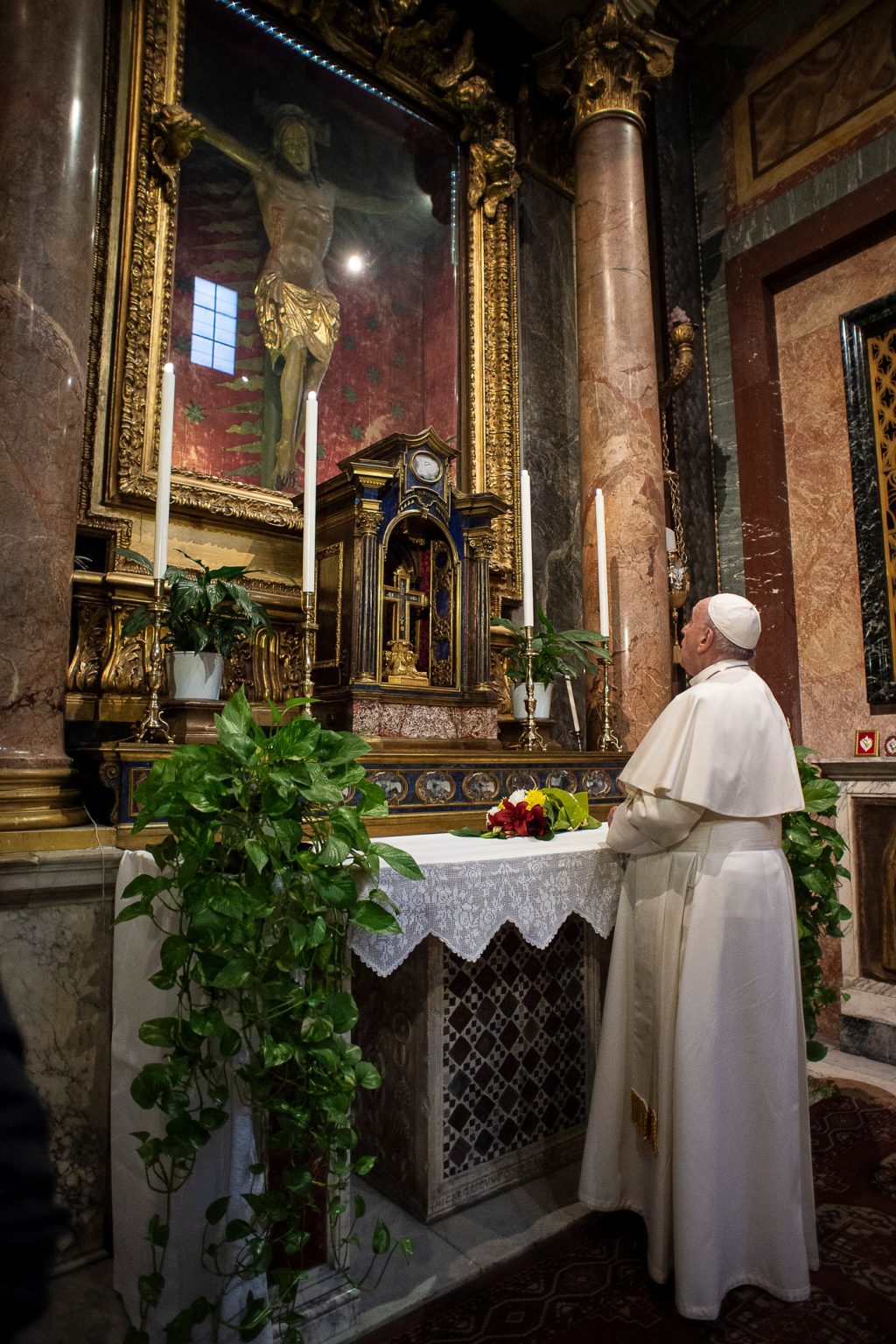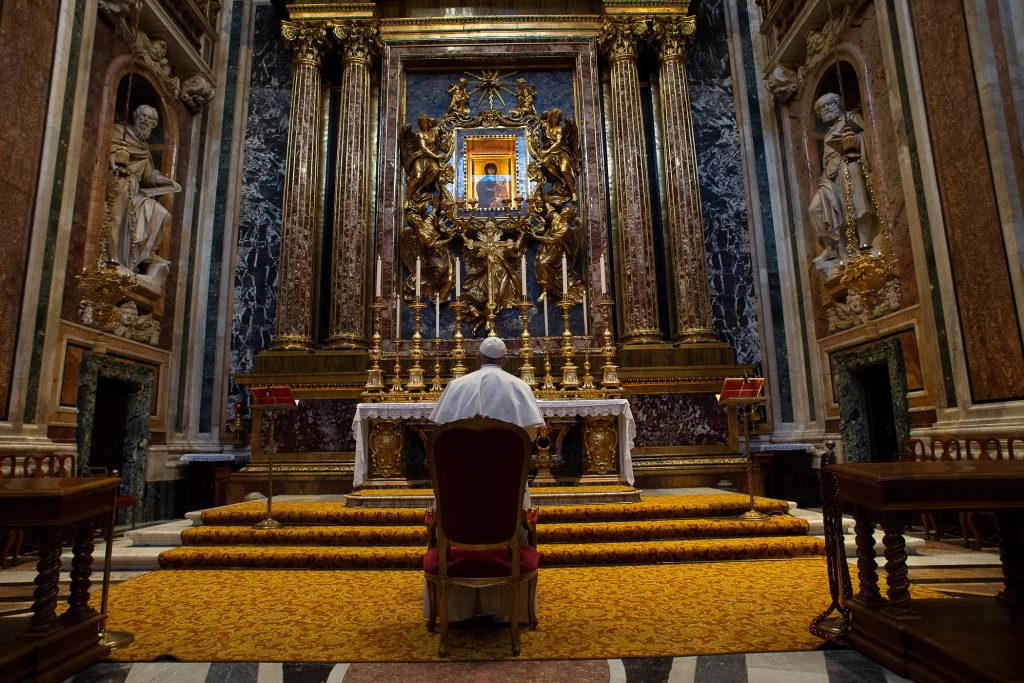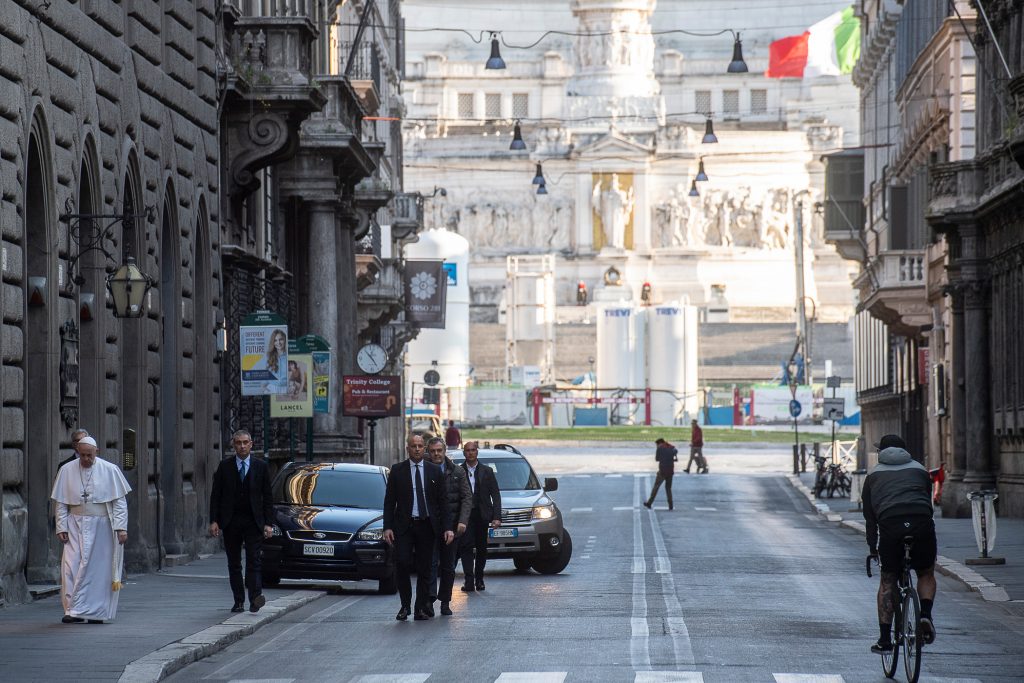Karma Jawa
Member
I know I already quoted this, but I thought of you while beginning St. Thomas Aquinas' masterwork, the Summa Theologica. This is actually happens to be the very first question addressed in the first Article of the first part of the work:
SUMMA THEOLOGIAE: The nature and extent of sacred doctrine (Prima Pars, Q. 1)
Is it necessary? Is it a science? Is it one or many? Is it speculative or practical? How it is compared with other sciences? Is it the same as wisdom? Is God its subject-matter? Is it a matter of argument? Does it rightly employ metaphors and similes? May the Sacred Scripture of this doctrine be...www.newadvent.org
It's really interesting to read and work through, although a little heavy.
For me God is the totality of the universe. If God was a person making decisions I would happily strangle the monster to death.
The kindest, honest, selfless person I’ve ever known, died at 37. She saved the life of a heroin addict by mouth to mouth, and organised a massive Christmas hamper for a friend of ours who tried to kill themselves. She raised money for charity and always did what she could to care for others, despite being poor.
I’m proud to be her fiancé. She was a good person because she was a good person. There is no God, and if there is I’d kick his head in.




